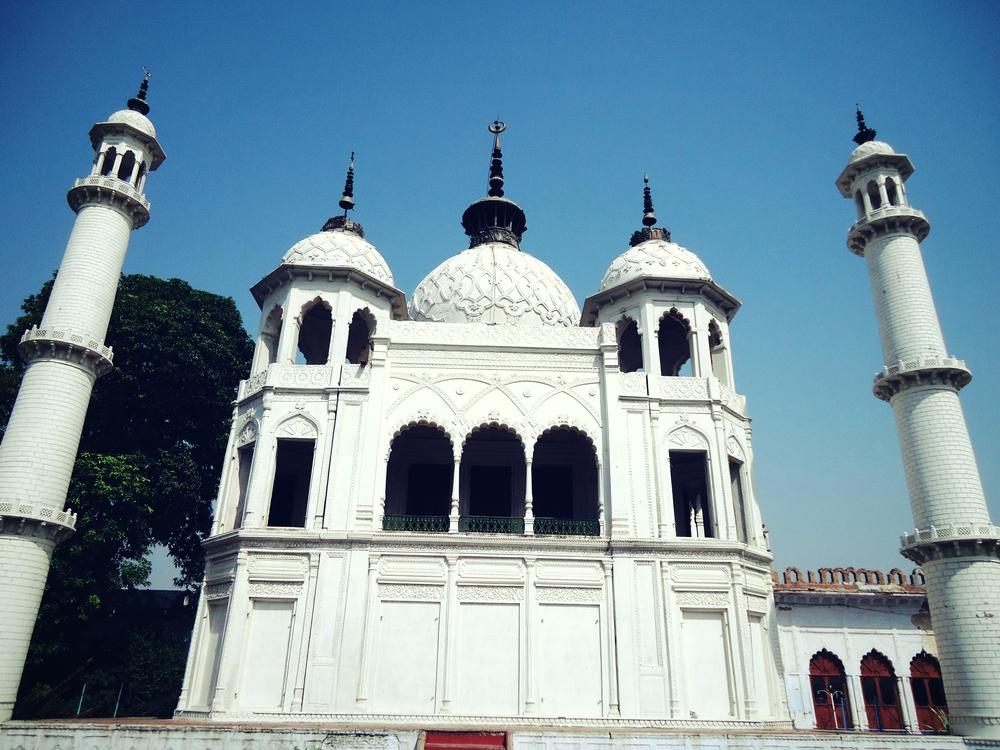Islam is more than just a religion—it is a complete way of life. At the heart of Islam are five important principles known as the Five Pillars. These pillars guide how Muslims live, act, and connect with others and Allah (SWT). As an Islamic charity, UKIM is here to explain the Five Pillars of Islam and the role charity plays within them.
What is a Pillar in Islam?
A pillar in Islam refers to an essential practice, an act of worship that every Muslim must follow. The Five Pillars form the foundation of a Muslim’s life. Just like pillars hold up a building, these acts uphold a person’s faith.
The Names of the 5 Pillars of Islam
The Five Pillars of Islam are:
- Shahada
- Salat
- Zakat
- Sawm
- Hajj
The Meaning of the 5 Pillars of Islam
- Shahada: The declaration of faith. This is the belief that “There is no god but Allah (SWT), and the Prophet Muhammad (PBUH) is the Messenger of Allah (SWT).”
- Salat: The daily prayers. Muslims pray five times a day—at dawn, noon, mid-afternoon, sunset, and after dark—facing the city of Mecca.
- Zakat: The act of giving to those in need. Zakat requires Muslims to give 2.5% of their wealth to help others. This act of charity helps those who are struggling and creates a sense of community care.
- Sawm: Fasting during the month of Ramadan. Muslims fast from dawn until sunset, teaching self-discipline, empathy for others, and spiritual growth.
- Hajj: The pilgrimage to Mecca. Every Muslim who is physically and financially able must make this journey at least once in their life. It is a time of reflection, unity, and devotion.
Why Are the 5 Pillars of Islam Important?
The Five Pillars are more than rules—they shape a Muslim’s life and bring them closer to Allah (SWT). They unite Muslims around the world in shared beliefs and practices, fostering a sense of community and purpose. Each pillar allows Muslims to show their faith in meaningful ways, whether through prayer, giving, or fasting. Importantly, the pillars also consider those who may be unable to fulfil them, ensuring that no one is left out.
Facts About the 5 Pillars of Islam
- Shahada: Saying the Shahada with sincerity is what makes someone a Muslim.
- Salat: The five daily prayers are called Fajr, Dhuhr, Asr, Maghrib, and Isha. These prayers involve movements and recitations that show submission to Allah (SWT). While prayers can be done alone, Muslims are encouraged to pray together, especially on Fridays during Jumu’ah prayer at the mosque.
- Zakat: Zakat, meaning "purification," represents a way to cleanse wealth and help others. It is a tool to reduce inequality and support those in need, including orphans and people experiencing poverty.
- Sawm: During Ramadan, Muslims not only fast from food and drink but also avoid arguing and negative behaviour. Fasting fosters self-discipline and reminds Muslims of those less fortunate.
- Hajj: Muslims on the Hajj wear simple white garments to show equality. During this journey, Muslims take part in several important rituals over several days.
Support the 5 Pillars with UKIM
One of the most important pillars is Zakat, the Third Pillar of Islam. UKIM helps you fulfill this obligation by ensuring your Zakat donations reach those in need around the world. With your support, we can make a difference in the lives of many.




